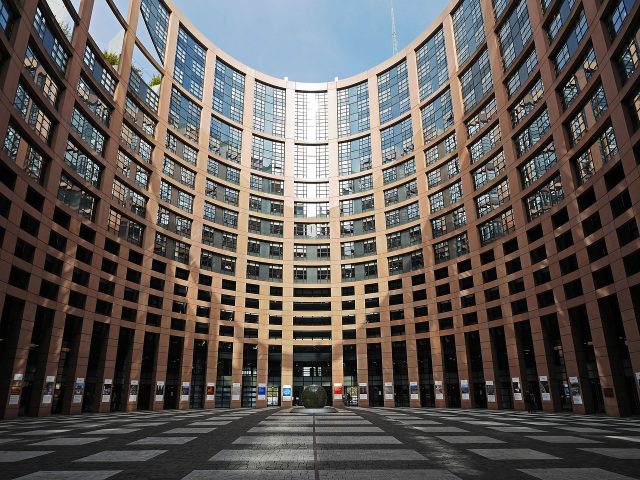
Just days before the crucial vote on the European Commissioner, which saw Fratelli d’Italia (FdI) oppose the reappointment of Ursula von der Leyen, Giorgia Meloni gave an interview to the Italian newspaper Corriere della Sera to clarify the reasons behind her party’s choice. Meloni explained that her decision to abstain at the end of June’s European Council was based on the mandate emerging from the elections, rather than any personal opposition to von der Leyen. “I positioned Italy in the European Council at the end of June by abstaining on the mandate for von der Leyen, suggesting everyone consider the indication that came from the polls,” stated the Prime Minister, highlighting that the decision to vote against was motivated by a need for consistency with the expectations of the voters from June 8 and 9, rather than an ideological stance.
Meloni clarified that, contrary to what some observers have suggested, her vote was not aligned with that of the far-left in Europe. “Having a common enemy is not the same as having common ideas. If you do that, you might win, but as we have seen, you then struggle to govern,” she said, emphasizing the difference between strategic alliances and a genuine shared vision. This statement also served as a response to recent comments by Matteo Renzi, who expressed an intention to form an alliance with Elly Schlein and Giuseppe Conte, despite their divergent political positions.
The vote against von der Leyen could complicate negotiations for securing a significant Commission position for Italy, aiming for strategic roles such as internal market, industry, and competition. However, Meloni downplayed the concerns, explaining that her government’s priority is “the delegation” and not the specific name of the Commissioner. “Our priorities are economic delegations, industry, competitiveness, cohesion, which allow us to assist Italy and Europe,” said the Premier, adding that despite the vote against von der Leyen, Italy will continue to collaborate with the current Commission. Meloni affirmed that she has “constant dialogue with the Commissioner” and that they have respected each other’s roles and responsibilities, emphasizing that “we have collaborated until now and will continue to do so in the future.”
The Premier further asserted that this legislative period is crucial for the future of the European Union, and that Italy, as a “founding member of the Union, one of the largest and most influential European countries,” has the task to “help chart a course, not to stand by silently and watch what happens.” However, she warned that the risk of failing to achieve goals is real, explaining that “Europe has often lacked, above all, politics, which is vision and decision.” Meloni criticized the current method for selecting the EU’s top positions, which she believes “can compromise both things.” She warned against alliances of opposing political forces, which risk lacking a clear vision, referring to past inefficiencies observed in Italy over the years.
Meloni explained that Fratelli d’Italia’s decision to vote against von der Leyen was driven not by party interests but by a desire to “act as a leader of a State.” She rejected accusations of partisanship, asserting that “if you decide to say yes just to do what others are doing, you are not doing the job of a leader.” Meloni added that “one is much more credible if one has the courage to uphold one’s positions, provided they are reasonable positions, rather than choosing to remain silent for the sake of peace.”
Carlo Fidanza, head of Fratelli d’Italia’s delegation to the European Parliament, confirmed that the party voted unanimously against von der Leyen. In an interview with Affaritaliani.it, Fidanza dismissed accusations of isolating Italy, explaining that such arguments are unfounded. “There are those who say we would have ‘isolated Italy’ and that we did it ‘to chase Orban’ or ‘to clear the way for Trump’,” he stated, adding that “there is such contempt for voters that many commentators cannot even consider the possibility that we voted against precisely to stay true to our principles and our pact with them.”
Fidanza clarified that von der Leyen’s position of including the Greens and their Green Deal policies was untenable for FdI, which had pledged “never with the left” even in Europe. He dismissed the notion that the vote might lead to a reduction in Italy’s delegations, asserting that “Italy will have the role it deserves, much to the dismay of the usual naysayers.” He concluded by noting that the majority that supported von der Leyen, extended to the Greens, will have a short lifespan, and that the EPP will be forced to collaborate with the Conservatives and other right-wing parties on future measures, if it does not want to betray its electoral commitments.



 Subscribe
Subscribe